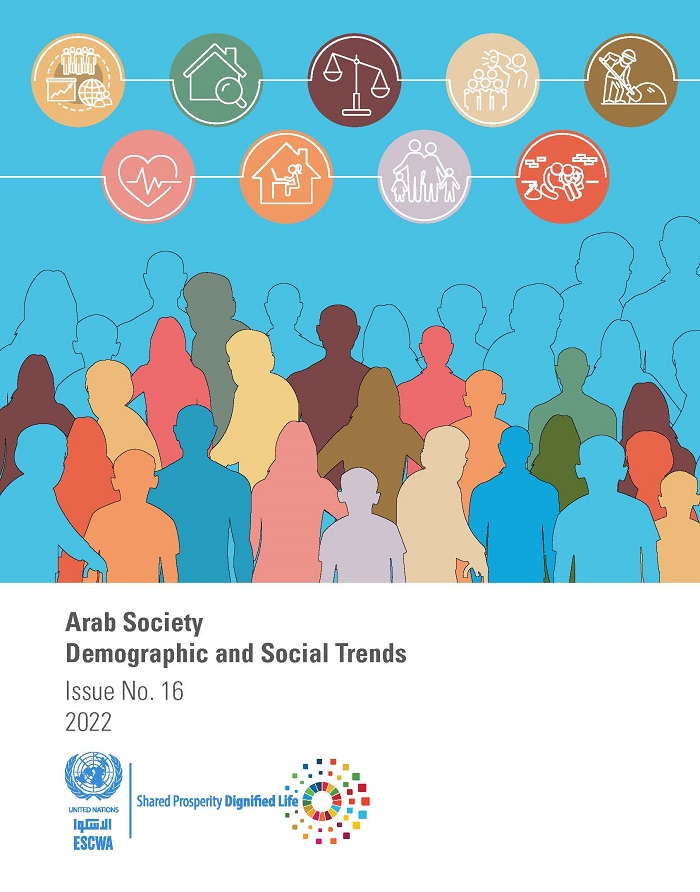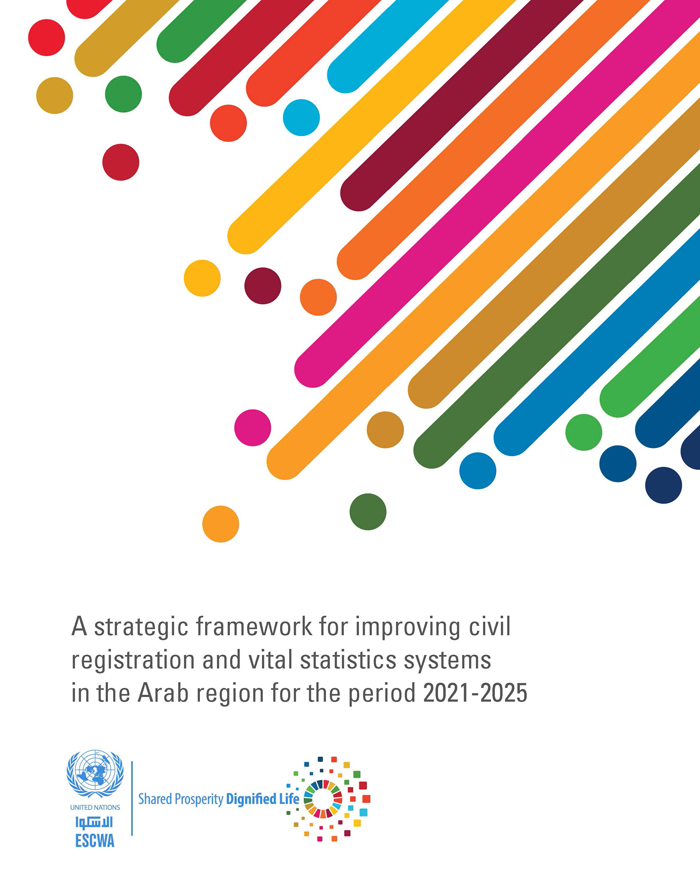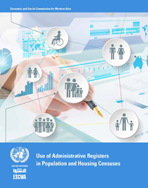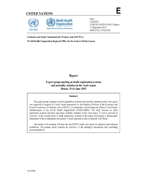
Background
Vital statistics are essential to understanding population dynamics, informing government planning, and monitoring progress towards the Sustainable Development Goals.
Vital statistics require a well-functioning civil registration system in terms of completeness, accuracy, availability and timeliness, which entails the continuous, permanent, compulsory and universal recording of events such as births, marriages, divorces, adoptions, and deaths. Moreover, civil registration is critical to establishing individual legal identities and family relationships, and to developing evidence-based policy, effective economic and social planning, and accountability in public resource management.
In the Arab region, there is variation in the completeness and quality of civil registration systems, and in the capacity of member States to compile vital statistics reports. Other than the least developed countries and countries that are in active conflict, most countries in the region have civil registration systems but are unable to produce vital statistics in line with international standards and recommendations. Moreover, several Arab countries face serious challenges in registering vital events, especially deaths, owing to prolonged conflict and population displacement.
The overall objective of this initiative is to assist member States in improving the scientific basis of their assessment of completeness and quality of registers; assisting countries with functional civil registration statistics to be consistent with international standards; and assisting fragile States and countries in conflict to preserve their civil registration data.
Key UN resources
- Handbook on Measuring International Migration through Population Censuses (Draft, 2020)
- Handbook on Civil Registration, Vital Statistics and Identity Management Systems: Communication for Development (Draft, 2019)
- Guidelines on the Legislative Framework for Civil Registration, Vital Statistics and Identity Management (Draft, 2019)
- Handbook on Civil Registration and Vital Statistics Systems: Management, Operation and Maintenance, Revision 1 (2018)
- Principles and Recommendations for a Vital Statistics System, Revision 3 (2014)
- Handbook on the Collection of Fertility and Mortality Data (2003)
- Handbook on Training in Civil Registration and Vital Statistics Systems (2002)
- Recommendations on Statistics of International Migration, Revision 1 (1998)
Our approach
Our partners
National statistical offices in ESCWA member States, ministries of health, departments of civil registers and ministries of justice, as well as the United Nations Statistics Division, World Health Organization (WHO GENEVA), United Nations Children’s Emergency Fund (UNICEF), United Nations Population Fund, United Nations Relief and Works Agency for Palestine Refugees in the Near East (UNRWA), United Nations High Commissioner for Refugees (UNHCR), Arab Institute for Training and Research in Statistic, Statistical Centre for the Cooperation Council for the Arab Countries of the Gulf (GCC-Stat), Norwegian Refugee Council, Statistical, Economic and Social Research and Training Centre for Islamic Countries, League of Arab States, International Development Research Centre (IDRC-Canada), Centre of Excellence for CRVS Systems, and WHO EMRO
ESCWA is also collaborating with UN-Habitat, UNGGIM and Earth Observation on a long-term geospatial information projects for the coming 10 years.
Our activities
ESCWA is building the statistical capacity of national statistical offices in ESCWA member States by coordinating regional efforts and capacity development, including training, expert group meetings, seminars and workshops; preparing methodological documents, technical papers and studies; and providing technical assistance to improve countries’ administrative records and civil registration systems.



